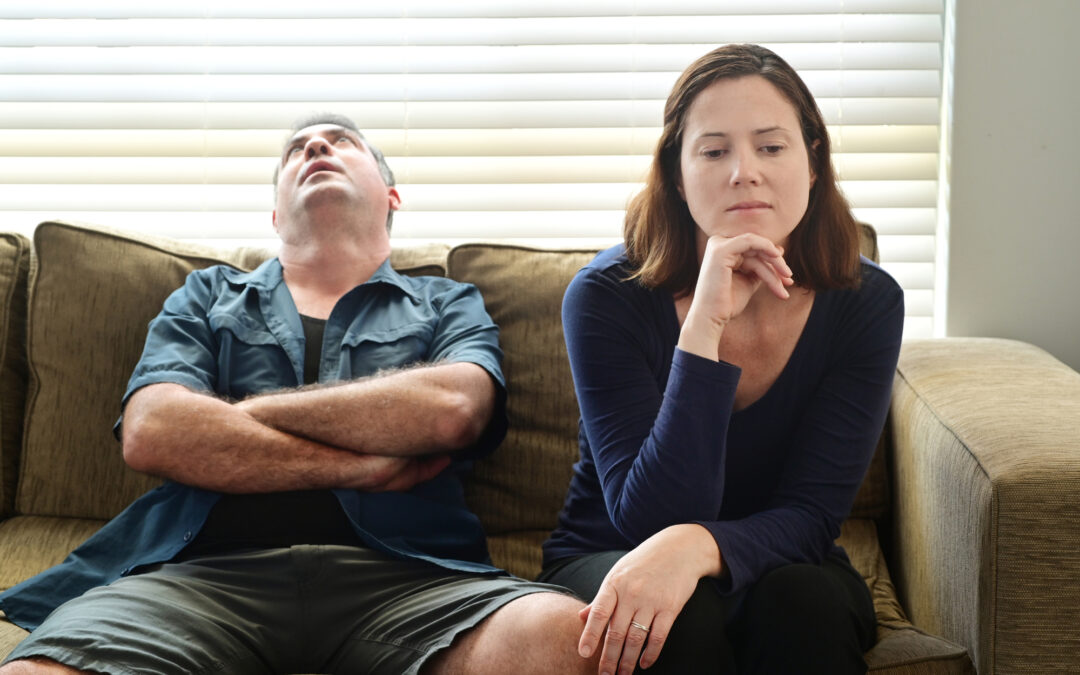Keeping a Positive Attitude When the Days Are Mostly Short and Gloomy
We’re officially past the winter solstice, the shortest day of the year, but that doesn’t mean that cabin fever won’t rear its ugly head and leave us in the doldrums. For many of us who work in office buildings or at other places with few windows, we can go for days without experiencing the warm glow of the sun. The lack of exposure to sunlight can actually have physical consequences—consider that, when we are exposed to more darkness, our bodies produce more melatonin, a substance that induces sleep. As a consequence, it’s common to feel more fatigue or lethargy in the short days of winter.
Tips for Overcoming Cabin Fever
There are a number of things you can do to minimize the impact of winter’s dearth of sunlight:
- Have a daily routine and stick to it—Cabin fever typically creates a general feeling of listlessness or malaise. You can find yourself unmotivated to do much of anything. To combat that, have a set regimen that you follow. Get up at the same time every day, make breakfast, spend time reading or exercising. Having a routine can create a sense of purpose.
- Open the curtains—This may seem obvious, but it’s often forgotten. In the spring, summer and fall, when we’re outside more and the days are longer, we don’t need to make the most of what sunlight we have. We may have heavy curtains or shutters on the windows or block some of the natural light with furniture or other items. In the winter, you want to allow as much natural light in as possible.
- Get good sleep—This starts with going to bed at the same time every night and getting up at the same time the next morning. You want a minimum of 6 hours of mostly uninterrupted sleep, but don’t stay in bed for more than about 9 hours. Avoid naps in the daytime, if possible.
- Get outside as much as possible—In addition to the benefits of sunlight, you’ll also enjoy the fresh air. Instead of focusing on the cold, think about how invigorating the brisk air can be. Of course, dress properly and use good judgment regarding how long you stay outside. If you start to feel the least bit of throbbing in your fingers, toes, ears or nose, head back inside.
- Brighten the inside of your house with lighter colors—Studies show that, particularly in the winter months, lighter colors can significantly improve your mental health. Put light-colored throws on the furniture and use the white pillowcases and bedspread.

